Five main points from the chancellor’s Autumn Statement
Jeremy Hunt announces his plans for the economy while admitting the UK is in a recession
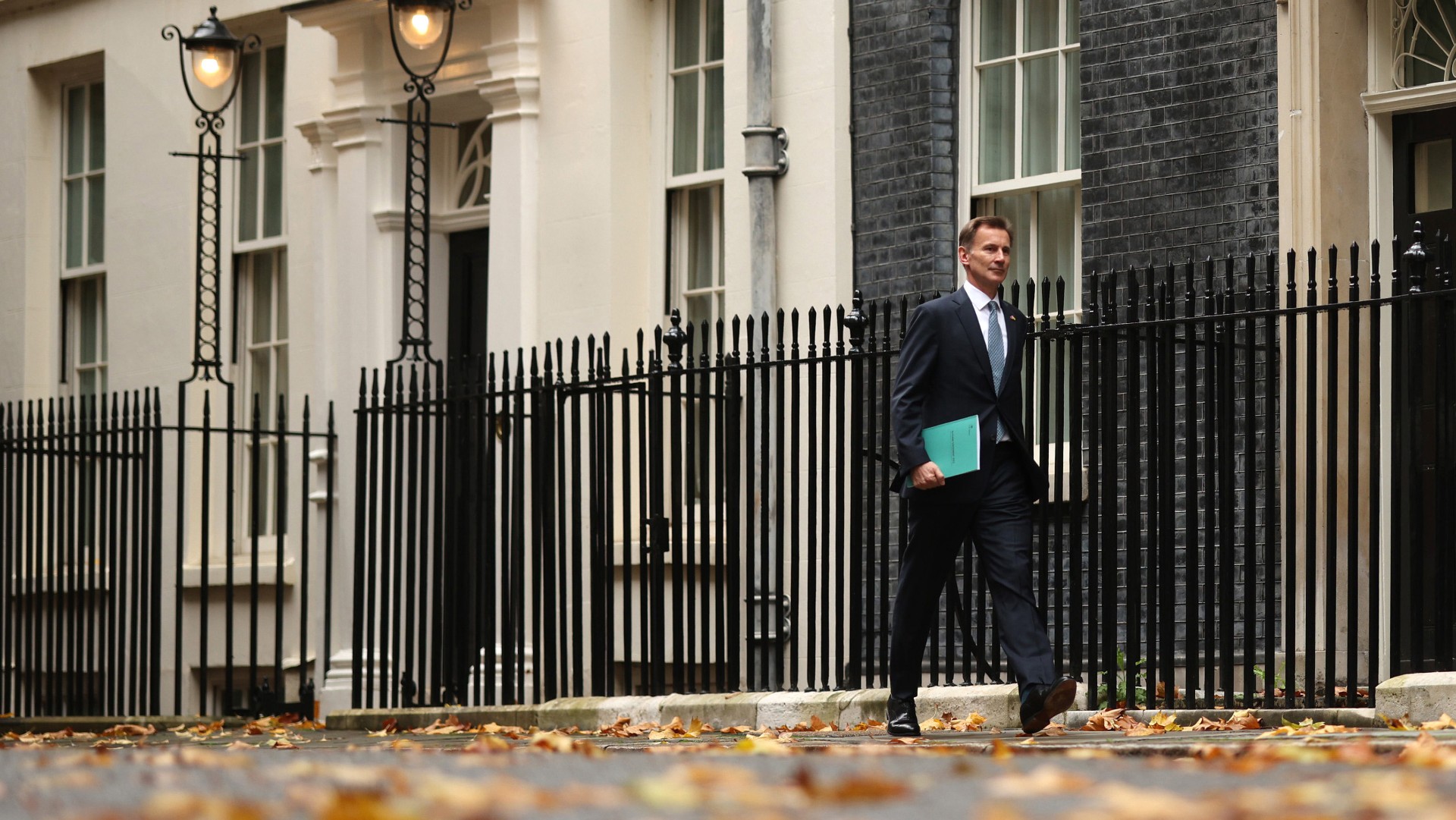
A free daily email with the biggest news stories of the day – and the best features from TheWeek.com
You are now subscribed
Your newsletter sign-up was successful
Jeremy Hunt has delivered his Autumn Statement in the House of Commons, promising to restore market confidence in the UK economy while committing to deep spending cuts.
The chancellor claimed his “plan for stability” will save £55bn, and it includes both tax rises and cuts to public spending. However, Hunt admitted that the UK was already in recession.
Personal tax
The threshold for the highest rate of income tax has been slashed from £150,000 to £125,140, meaning more people will pay the 45p top rate.
The Week
Escape your echo chamber. Get the facts behind the news, plus analysis from multiple perspectives.

Sign up for The Week's Free Newsletters
From our morning news briefing to a weekly Good News Newsletter, get the best of The Week delivered directly to your inbox.
From our morning news briefing to a weekly Good News Newsletter, get the best of The Week delivered directly to your inbox.
Meanwhile, the chancellor announced a series of threshold freezes, which will ultimately bring in more revenue for the Treasury. Income and inheritance tax thresholds will be frozen for a further two years, on top of the existing four-year freeze. The annual tax exemptions for capital gains and dividends will be cut.
Hunt admitted: “We are asking more from those who have more.” However, The Telegraph said that “Britain is on course for its highest tax burden on record” as the threshold freezes will mean “thousands of people are dragged into higher tax bands”.
Business tax
Hunt has announced a new, and temporary, 45% levy on electricity companies, which is expected to raise £14bn. This is alongside a host of other windfall taxes including a rise in the existing tax on gas and oil companies from 25% to 35%.
The chancellor was quick to confirm that 40% of businesses would continue to pay no National Insurance contributions at all in an attempt to convince the public that the Conservatives remain the “party of business”. But, as Aubrey Allegretti, a political correspondent for The Guardian, explained: “Many of the announcements he is making relate to years long after the next general election – so some of the pain will not be felt for years to come.”
A free daily email with the biggest news stories of the day – and the best features from TheWeek.com
Public spending
Along with higher taxation, the chancellor is also cutting spending on public services. Despite promising that budgets would “continue to rise in real terms”, Hunt confessed that departmental spending would – in the short term – remain at the rate agreed in the 2021 Spending Review.
There was good news for the NHS, which will see its budget increased by £3.3bn in each of the next two years, and for schools, which will receive an extra £2.3bn in both 2023/24 and 2024/25.
Allegretti questioned the combination of taxation and public service cuts, suggesting that “voters might wear higher taxes, but they would probably expect better from languishing public services”.
Energy
While the cap on residential energy bills will be extended for a further 12 months from next April, it will rise from £2,500 to £3,000. An extra £900 of support will be provided to households on means-tested benefits, £300 more will be given to pensioners and £150 will be given to those on disability benefit.
Hunt confirmed the government will press ahead with plans for a new nuclear power plant at Sizewell C in Suffolk, while also continuing to pursue a strategy of energy efficiency across the construction industry.
Foreign aid
Foreign aid spending will remain at 0.5% of national income, still below the government’s official target of 0.7%, although defence spending will be kept to at least 2% of GDP. There are no plans for foreign aid spending to be returned to the target rate. Laura O’Callaghan, writing for The National, said Britain has seen “its reputation as a leader in international aid” suffer as a result of successive cuts to the aid budget.
-
 Sepsis ‘breakthrough’: the world’s first targeted treatment?
Sepsis ‘breakthrough’: the world’s first targeted treatment?The Explainer New drug could reverse effects of sepsis, rather than trying to treat infection with antibiotics
-
 James Van Der Beek obituary: fresh-faced Dawson’s Creek star
James Van Der Beek obituary: fresh-faced Dawson’s Creek starIn The Spotlight Van Der Beek fronted one of the most successful teen dramas of the 90s – but his Dawson fame proved a double-edged sword
-
 Is Andrew’s arrest the end for the monarchy?
Is Andrew’s arrest the end for the monarchy?Today's Big Question The King has distanced the royal family from his disgraced brother but critics claim a ‘fit of revolutionary disgust’ could still wipe them out
-
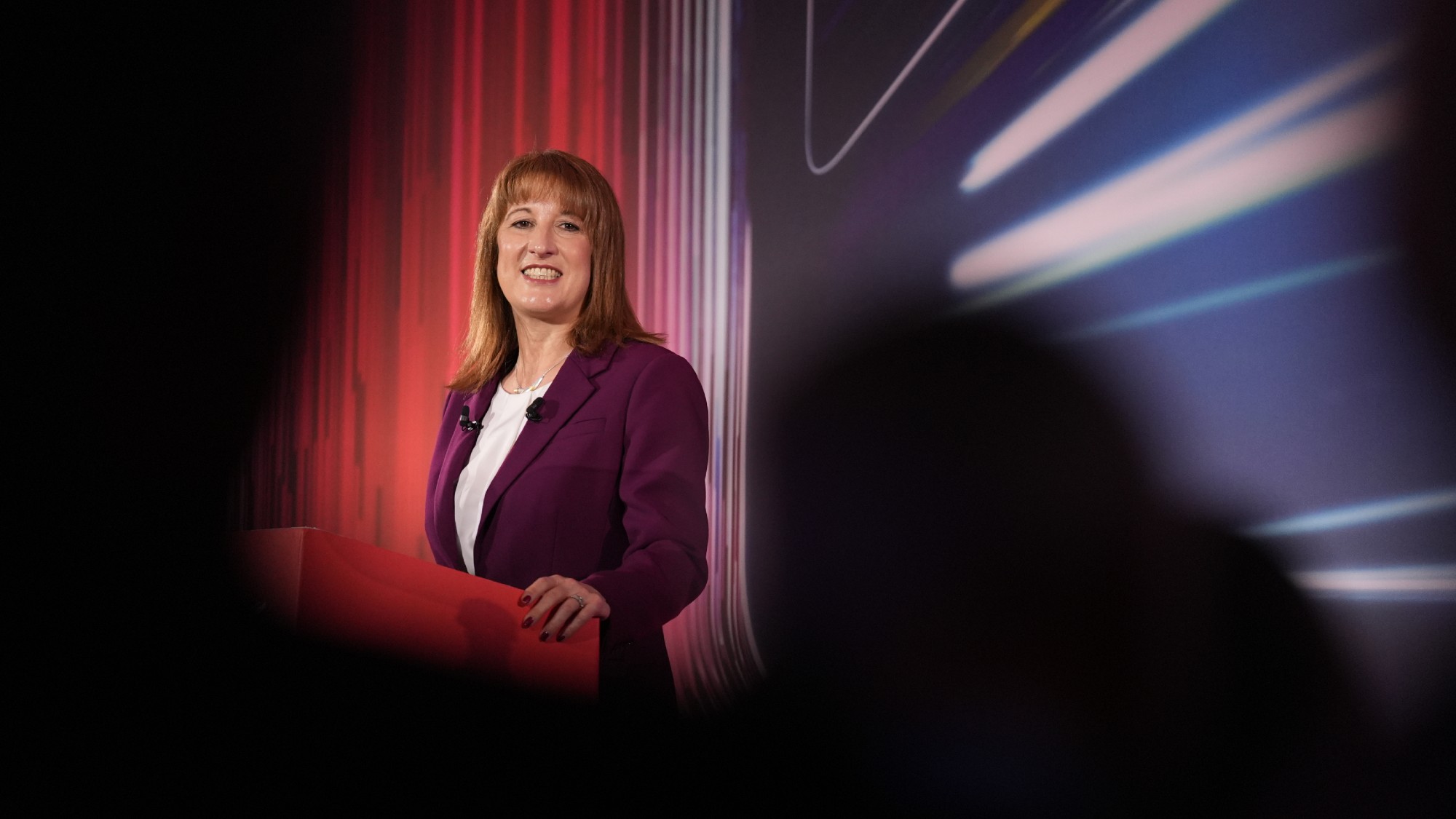 Autumn Budget: will Rachel Reeves raid the rich?
Autumn Budget: will Rachel Reeves raid the rich?Talking Point To fill Britain’s financial black hole, the Chancellor will have to consider everything – except an income tax rise
-
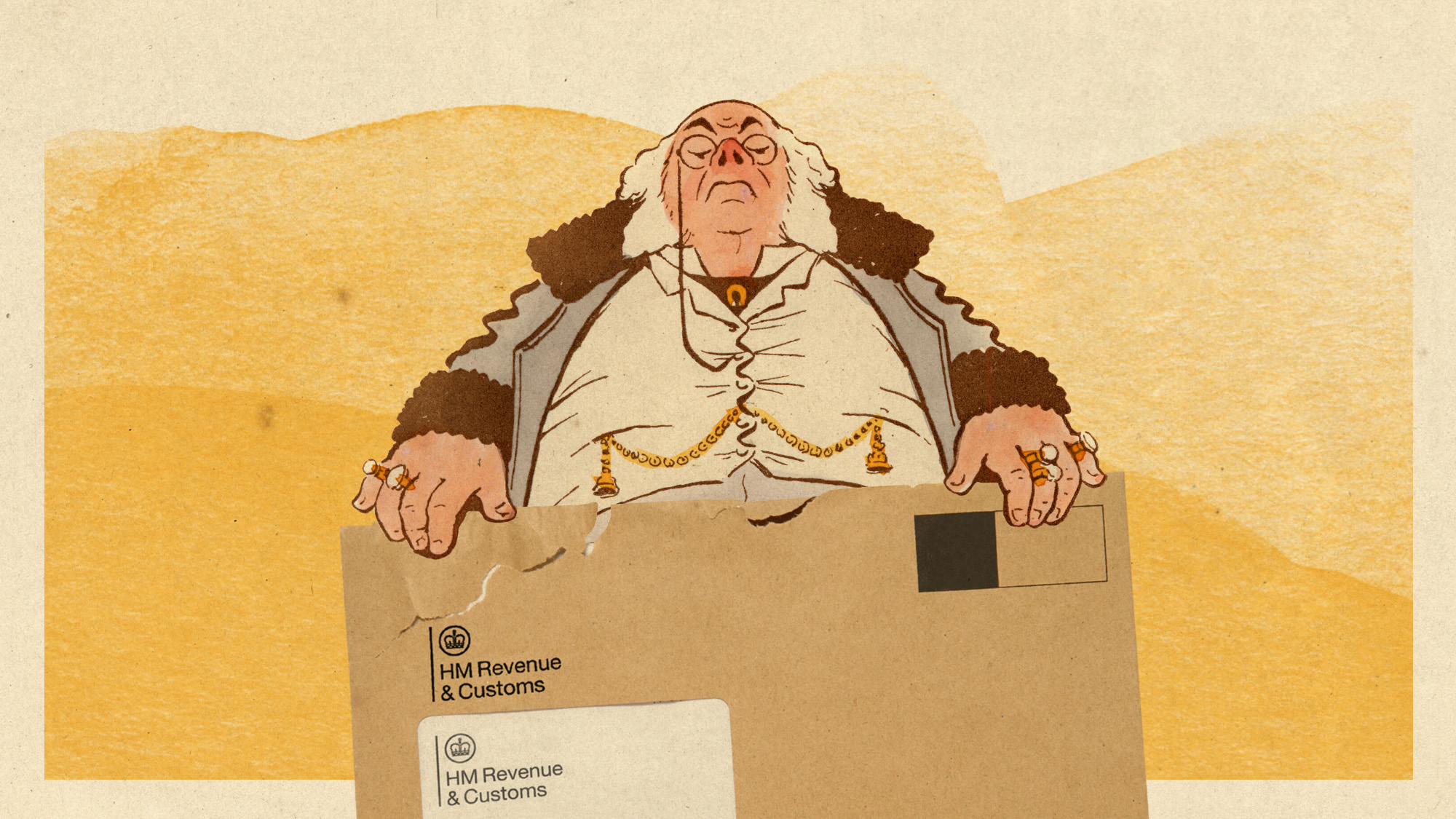 Pros and cons of a wealth tax
Pros and cons of a wealth taxPros and Cons Raising revenue and tackling inequality vs. the risk of capital flight and reduced competitiveness
-
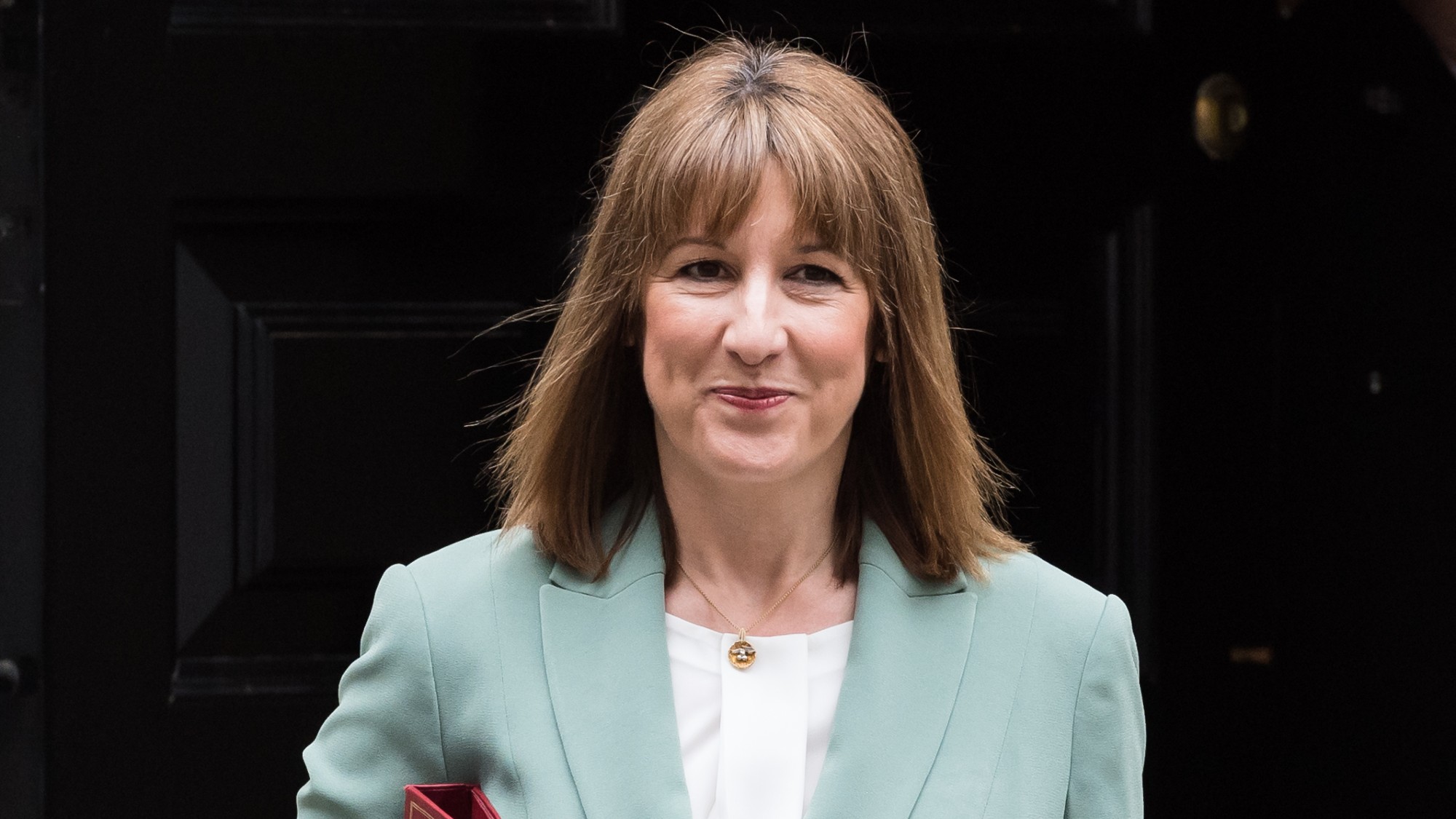 Is Rachel Reeves going soft on non-doms?
Is Rachel Reeves going soft on non-doms?Today's Big Question Chancellor is reportedly considering reversing controversial 40% inheritance tax on global assets of non-doms, after allegations of 'exodus' of rich people
-
 Foreigners in Spain facing a 100% tax on homes as the country battles a housing crisis
Foreigners in Spain facing a 100% tax on homes as the country battles a housing crisisUnder the Radar The goal is to provide 'more housing, better regulation and greater aid,' said Spain's prime minister
-
 What's next for electric vehicles under Trump?
What's next for electric vehicles under Trump?Today's Big Question And what does that mean for Tesla's Elon Musk?
-
 The row over UK maternity pay
The row over UK maternity payTalking Points Tory leadership hopeful Kemi Badenoch implied that taxpayer-funded benefit was 'excessive' and called for 'greater responsibility'
-
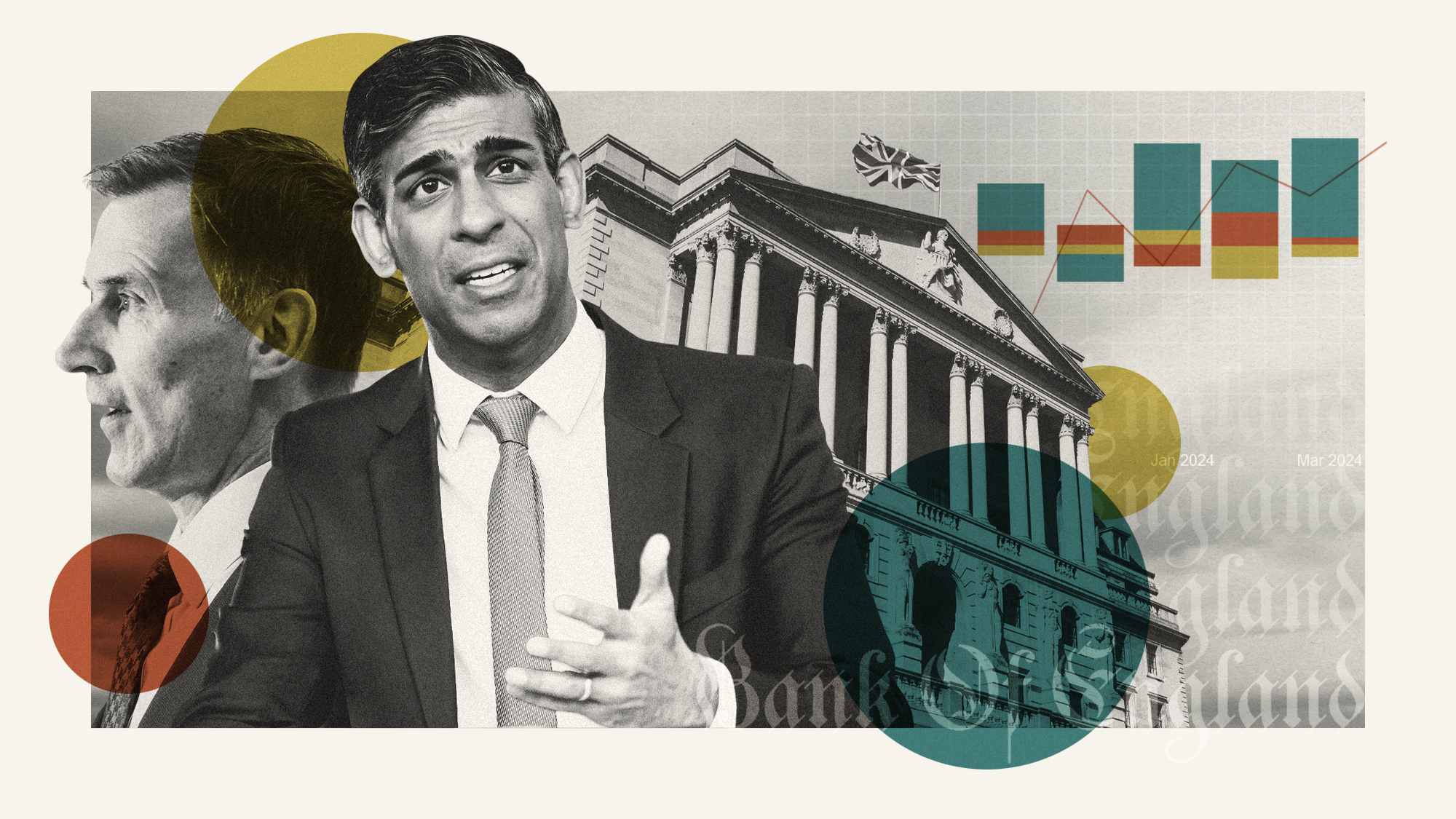 Is the UK economy returning to normal?
Is the UK economy returning to normal?Today's Big Question Tories claim UK has 'turned a corner' while Labour accuses government of 'gaslighting' public
-
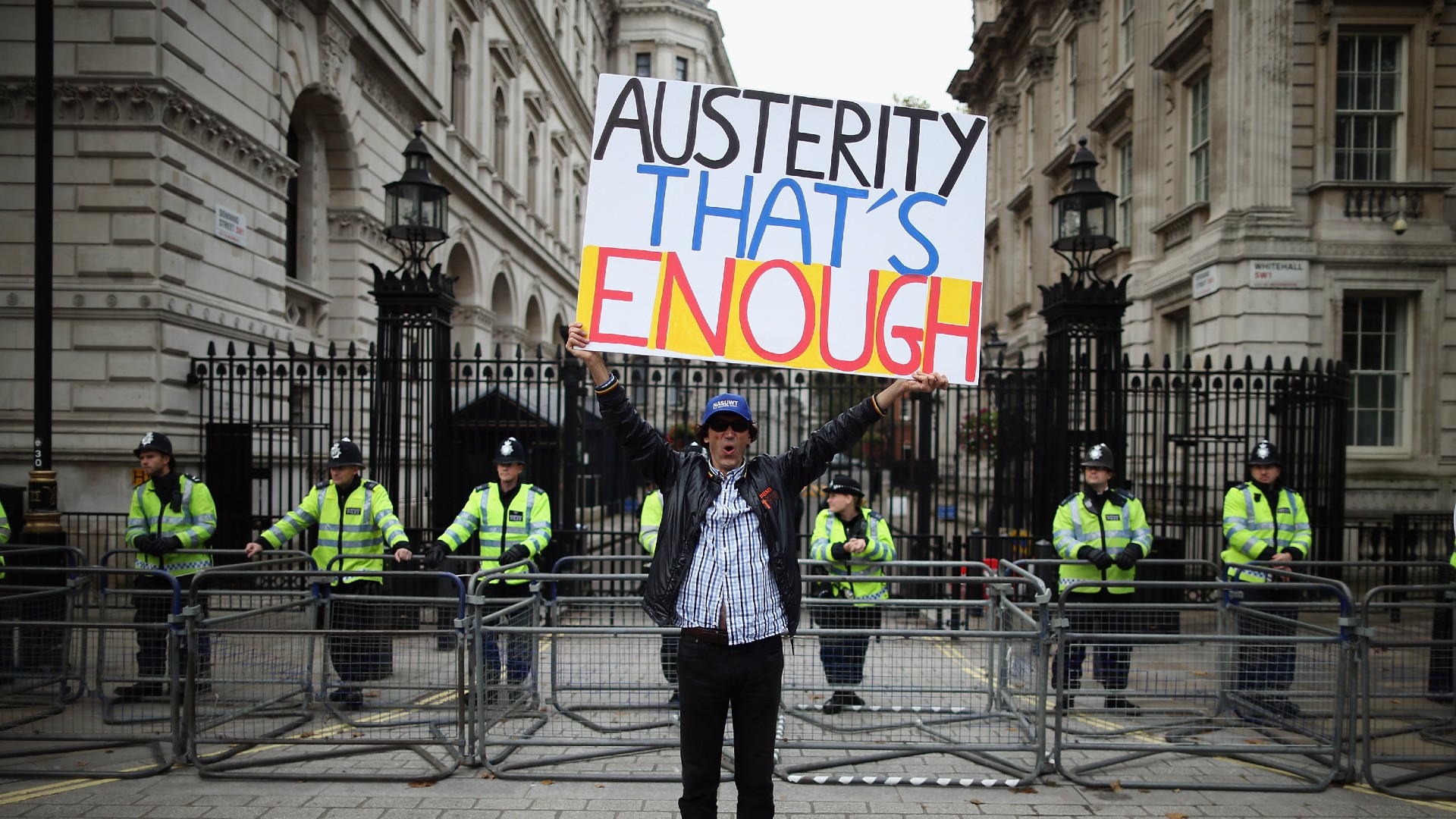 New austerity: can public services take any more cuts?
New austerity: can public services take any more cuts?Today's Big Question Some government departments already 'in last chance saloon', say unions, as Conservative tax-cutting plans 'hang in the balance'